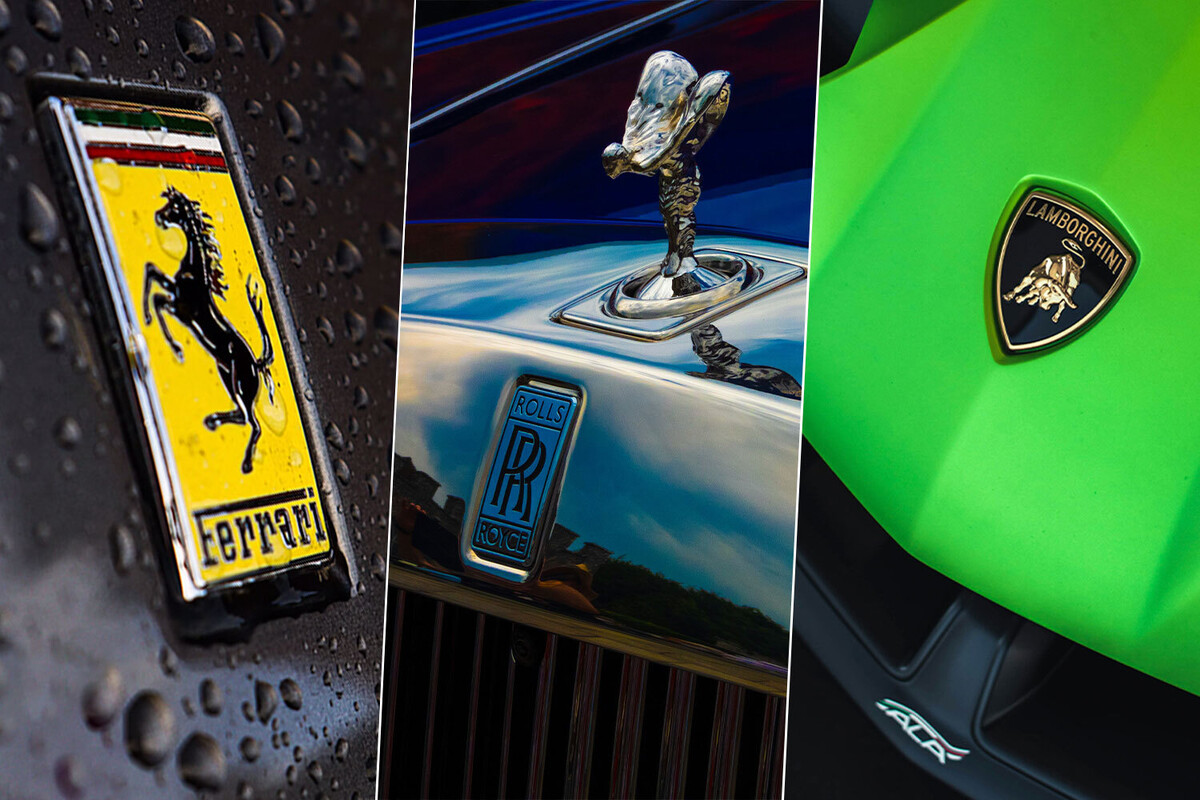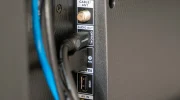The luxury car market has always stood out for its exclusivity and scarcity marketing, so its customers are used to waiting periods of up to two years and exorbitant prices in terms of customization. However, Trump’s imposition of tariffs on the automotive sector paints a new scenario that considerably increases the price of cars that are already very expensive. How do the world’s most prestigious brands respond to these challenges?
Tariffs and their impact on the automotive sector
Unlike the generalist automobile sector, in which manufacturers have factories distributed in various parts of the world, manufacturers of supercars or luxury cars have a much more localized production. Their annual production is not measured in millions of units manufactured as in the generalist sector, but in hundreds and even in a few dozen cars per year.

This leaves these manufacturers in a very delicate position because they do not have the same capacity to move their production (or part of it) to the US to avoid tariffs. Therefore, luxury brands such as Ferrari, Lamborghini, Rolls-Royce, Porsche and Jaguar are already preparing their strategy to deal with the new tariff policies for their US customers.
The change in policy has caught manufacturers at a time of expansion into the US, following the drop in sales in China experienced by brands such as Ferrari and Porsche in 2024.
These brands were looking to the US in the hope of expanding their market share there to compensate for the fall in China. Applying an additional cost of up to 25% to their products will complicate expansion in this market, so they have had to rethink their strategies. Each brand has opted for a different solution.
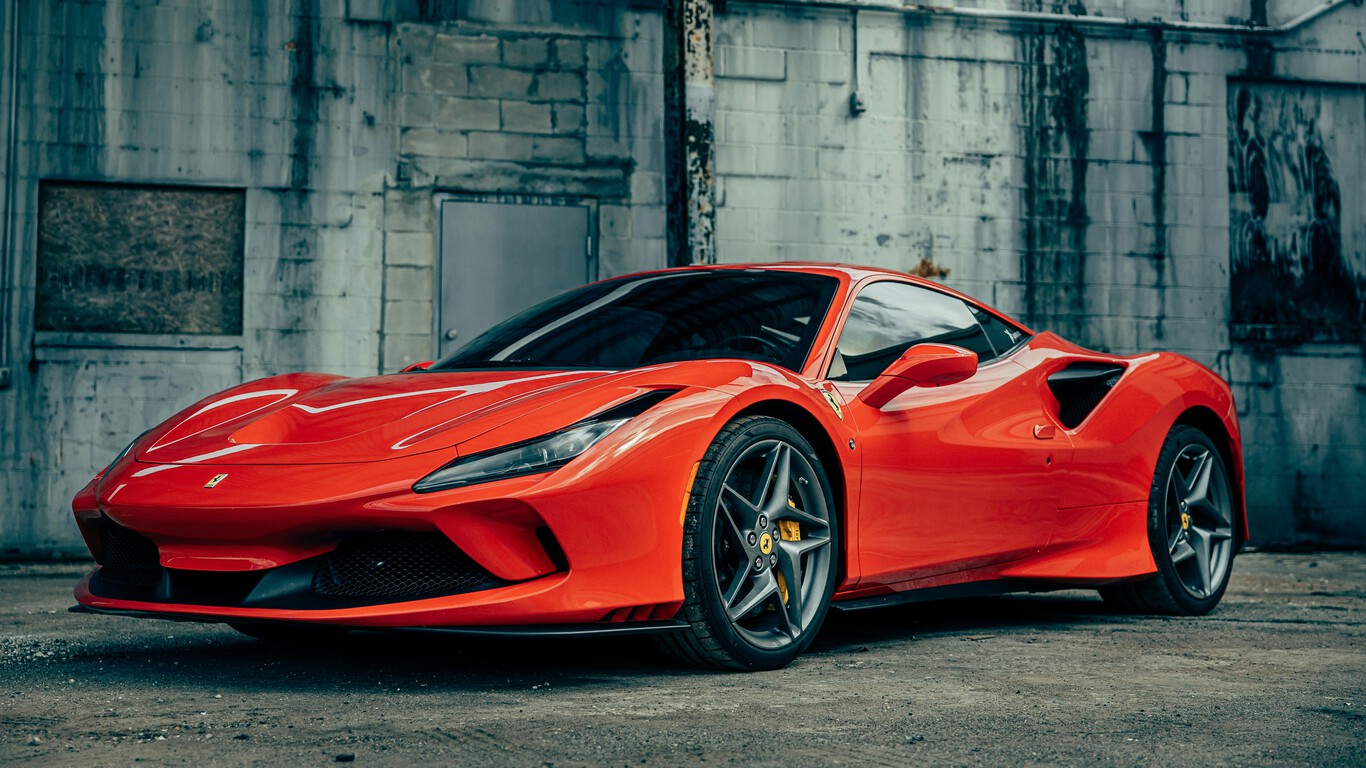
Ferrari: Price increases as a direct response
Ferrari has been one of the first luxury brands to adopt a position on tariffs: it will assume part of the tariff surcharge and will increase the prices of some of its best-selling models in the US by 10% to compensate.
In statements made to CNBC, Benedetto Vigna, CEO of Ferrari, said that, while it is true that Ferrari buyers have high purchasing power, the company is aware that it will not pass on the full additional cost of the measure. “When we consider the customer, we consider that, to buy a Ferrari, these people have to work. We have to respect them. Because for us, the most important thing is the customer. That’s why we have to make sure we treat them right,” Vigna said.
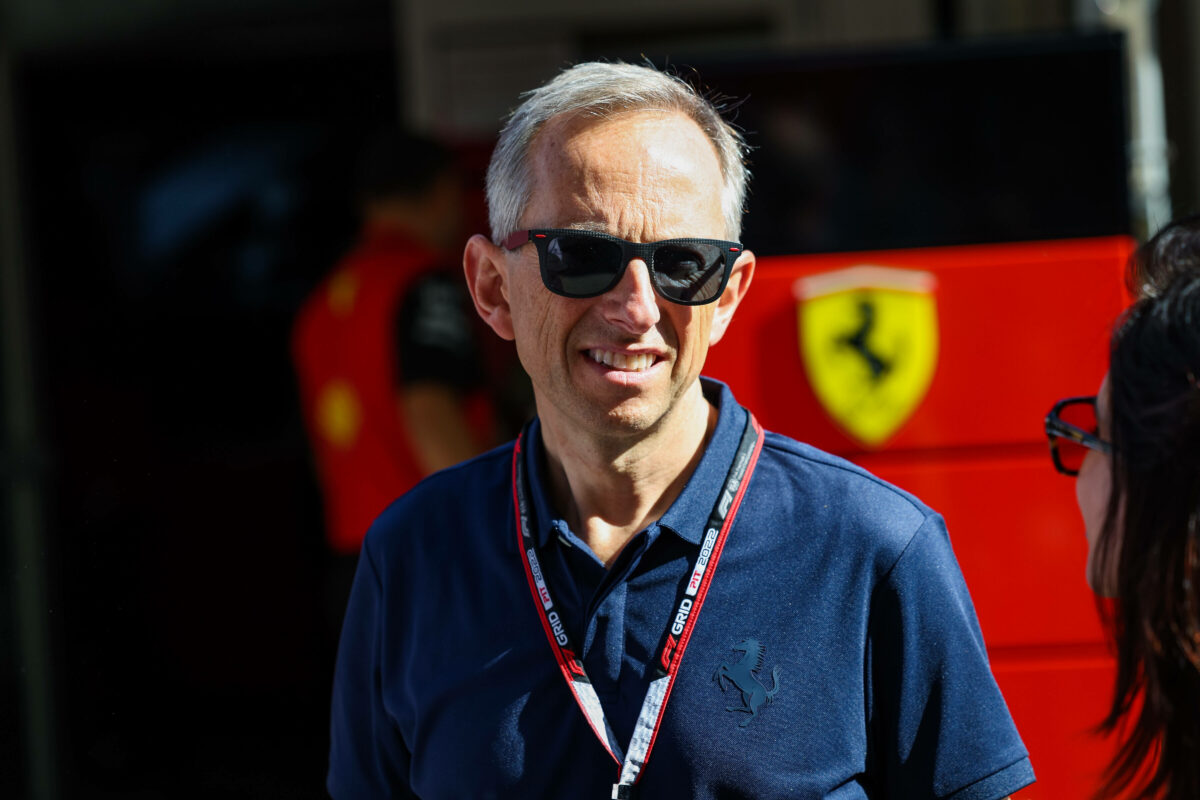
In a statement issued by Ferrari, the manufacturer announced that it was maintaining the same commercial conditions as before April 2 for the Ferrari 296, SF90 and Roma, regardless of the date of import. For all other models, Ferrari states that they will be affected by a 10% increase for all models that have been imported after April 2, including the Purosangue SUV, the 12Cilindri and the Ferrari F80. Therefore, Ferrari’s strategy is to maintain its profit margin without sacrificing the quality and exclusivity that defines its vehicles.
According to data from Ferrari, of the 13,752 vehicles that left Maranello in 2024, 3,452 were destined for the US, which reflects the importance of the North American market for the Italian brand.
Porsche uses Volkswagen as a lifeline
Although Porsche has not yet adopted an official position on the matter, Oliver Blume, CEO of Volkswagen, stated in an interview with CNBC that the supercar manufacturer could benefit from its alliance with Volkswagen to manufacture some of its models in the German group’s factories in the US.
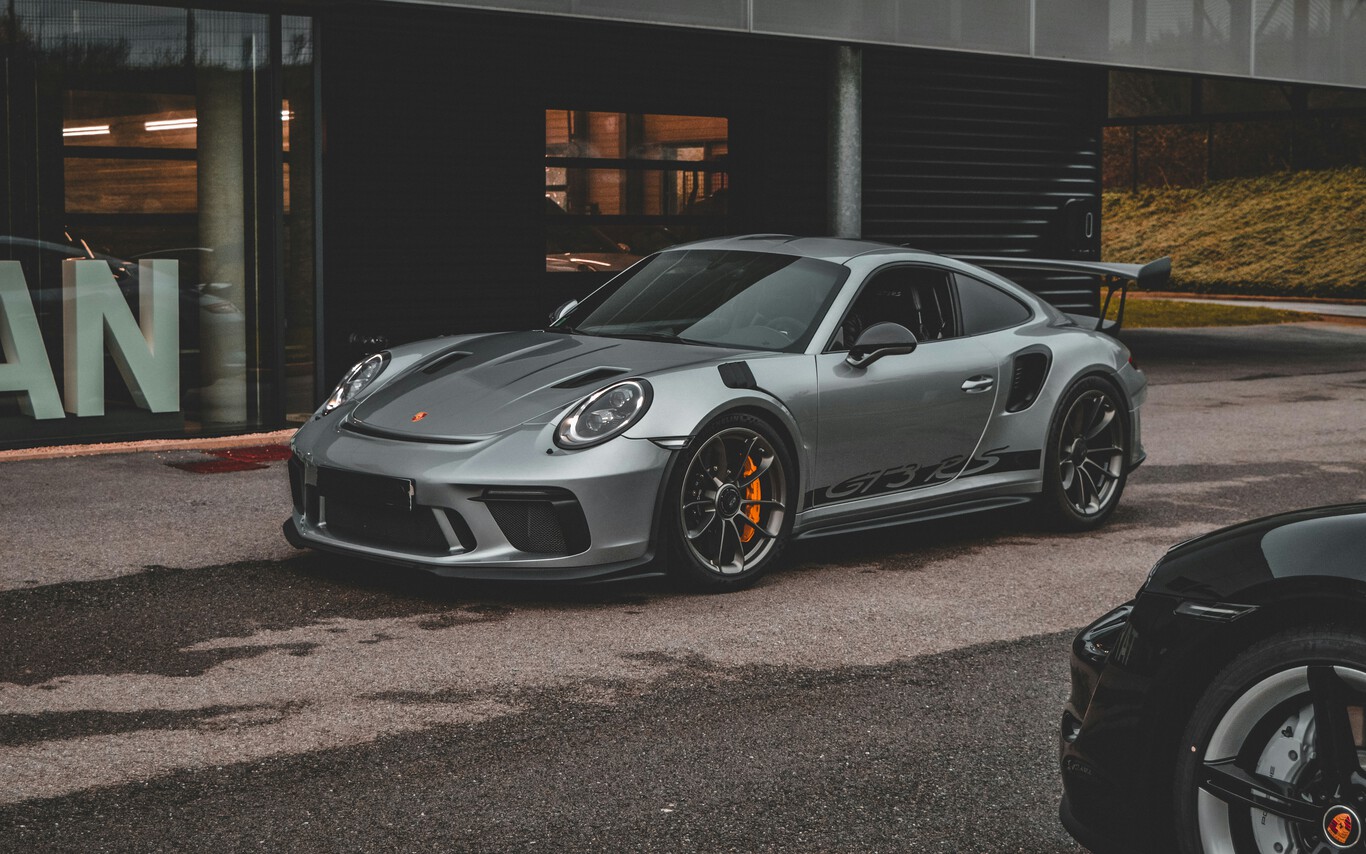
“We have an industrial cooperation agreement with Volkswagen and, in the end, we are working very closely together, so this should play a role,” Blume said. This move would allow it to avoid the cost of importing some of its models, which would reduce the final bill for the application of tariffs, although the brand has not commented on a pricing policy in this regard.
According to a report published by the German newspaper Handelsblatt, Porsche is considering moving part of its SUV and electric model range to the US, taking advantage of Volkswagen’s facilities in Chattanooga (Tennessee).
Beyond the problems posed by tariffs, Porsche faces a difficult year in terms of sales. According to what was published by The Guardian, its sales in China and Europe have suffered in this first quarter and, although it has registered a 37% upturn in sales in the US, this may be due to orders delayed until 2024 by the tariffs on Chinese components in Europe, and to the anticipation of purchases due to the entry into force of the tariffs.
Lamborghini: alternative scenarios in the face of tariffs
Lamborghini’s response has been less direct than Ferrari’s and it still does not have an official position on the matter, but the US represents 30% of the total sales that the brand made in 2024.
The Italian supercar manufacturer has indicated that it is evaluating different scenarios to manage the impact of US tariffs. Stephan Winkelmann, CEO of Lamborghini, said to Bloomberg that “we are constantly working to keep up to date on the situation. We have daily meetings, in which I personally participate, and we have staff who analyze the situation constantly.”
Like Porsche, Lamborghini belongs to the Volkswagen group, so the option of shifting part of the production is a possible solution. However, their supercars are highly dependent on European components, which complicates their transfer. “If there are problems in the supply chain, we must address them; this is what we did during COVID,” said Winkelmann.
Rolls-Royce: tariffs, what tariffs?
In the case of Rolls-Royce, the British brand has decided to keep its production in Europe and will not move to the United States, despite the tariffs. A spokesperson for the brand said: “We are currently evaluating the announcement in detail and ask for your understanding as we are unable to comment further at this time.”
This is due to the profile of its customers, who tend to be extremely wealthy and less sensitive to price increases.
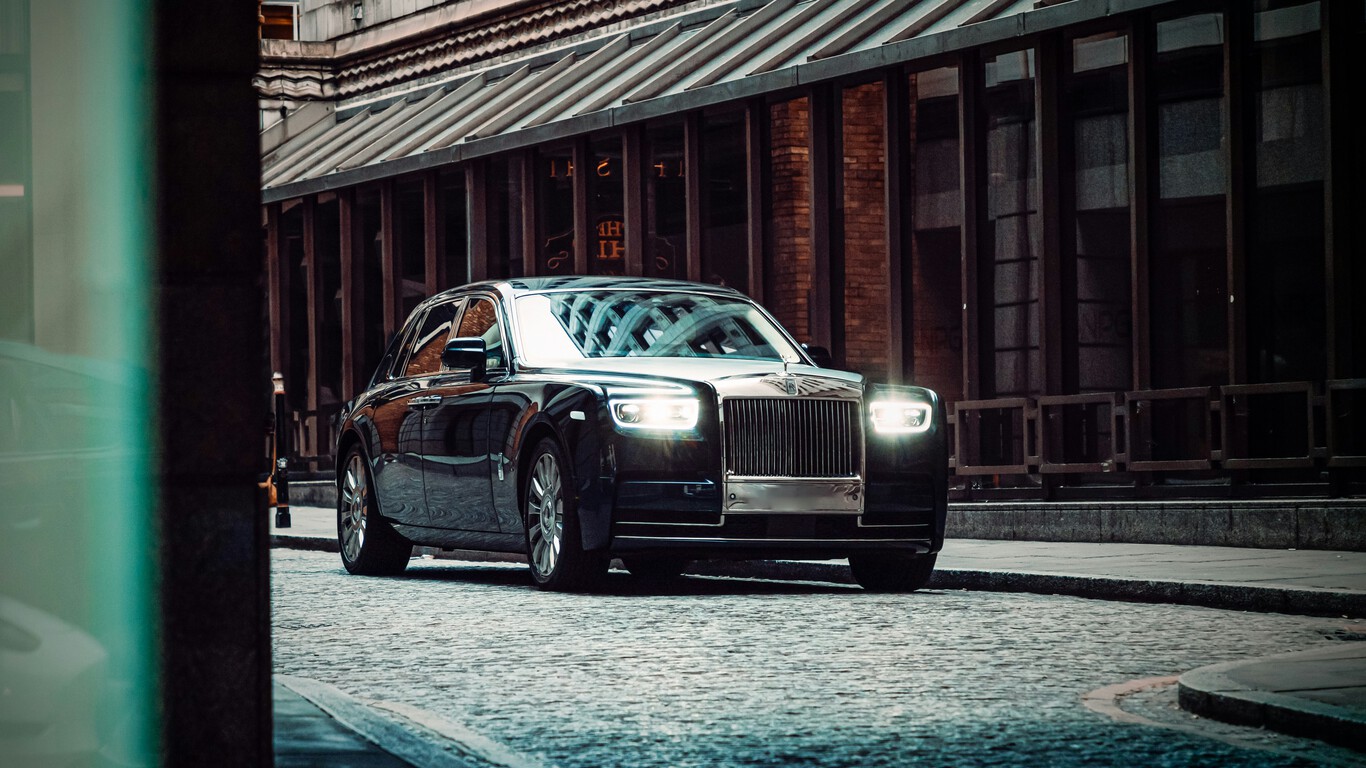
Rolls-Royce has stated that, although tariffs increase import costs, they are confident that their US customers are willing to absorb these additional expenses.
This position reinforces the ultra-exclusive nature of the brand and its focus on a niche market that prioritizes quality and status over cost. After all, these same customers have become accustomed to increasing the cost up to 100% of the original price of the car by applying various customizations in the brand’s workshops.
Jaguar: Stop the presses!
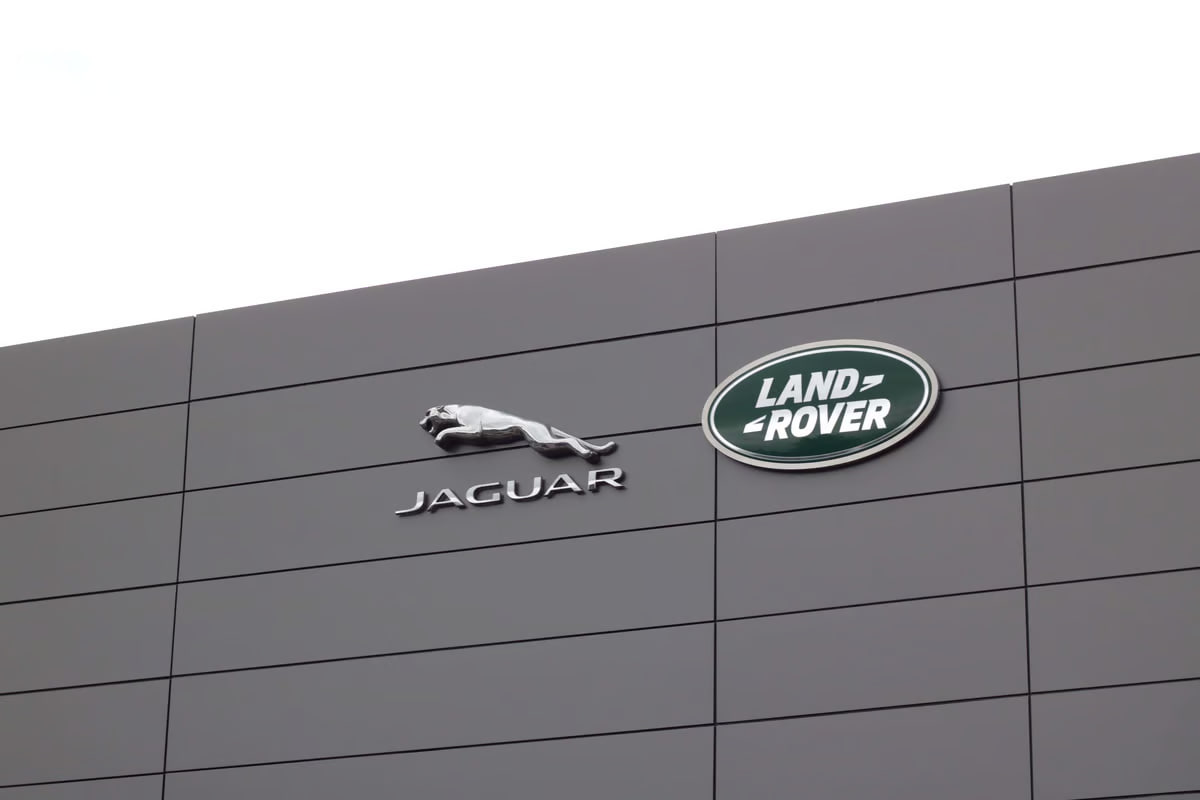
Jaguar Land Rover, the prestigious British luxury brand, has responded to the tariffs in a forceful manner: by temporarily halting shipments to the United States.
As Reuters reported, this decision seeks to assess the financial impact of the tariffs and analyze new business models to continue selling in the US market without compromising profitability.
“While we work to address the new commercial terms with our trading partners, we are taking some short-term measures, including a pause in shipments in April, while we develop our medium- and long-term plans,” the manufacturer said in an emailed statement.
This move has important implications, as Jaguar Land Rover is one of the European brands with the greatest presence in the USA. The British government has initiated trade negotiations with its US counterparts, so the manufacturer has decided to halt its operations in that country until it sees the results of those negotiations.

